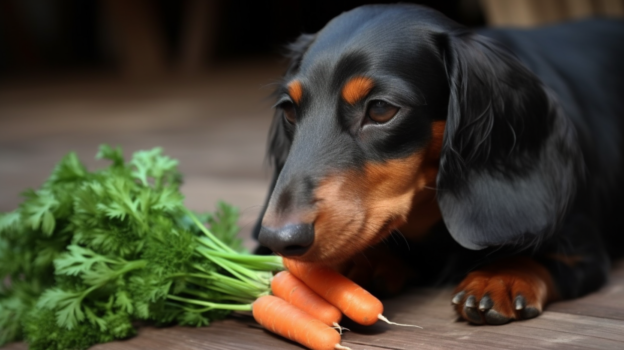Dog Treats and Snacks: What’s Safe and What to Avoid
Dog treats and snacks can be a great way to reward your canine companion for good behavior, reinforce training, or simply show them some love. However, not all treats are created equal, and it’s important to know which ones are safe and which ones should be avoided.
Dangerous Treats to Avoid
To ensure your dog’s safety and well-being, avoid these types of treats and snacks:
- Chocolate and caffeine: Both chocolate and caffeine are toxic to dogs and can cause severe symptoms such as vomiting, diarrhea, rapid breathing, increased heart rate, seizures, and even death.
- Grapes and raisins: These fruits can cause kidney failure in dogs, even in small amounts. Keep your dog away from grape- or raisin-containing treats and snacks.
- Xylitol: This sugar substitute, commonly found in sugar-free gum and some baked goods, can cause rapid insulin release in dogs, leading to hypoglycemia (low blood sugar), seizures, and even liver failure.
- Onions and garlic: These vegetables, in any form (raw, cooked, or powdered), can damage a dog’s red blood cells, leading to anemia and potentially severe health complications.
- Cooked bones: Cooked bones can splinter and cause blockages or tears in your dog’s digestive system. Stick to raw bones or bone-shaped treats made specifically for dogs.
Safe Treats for Dogs
When selecting safe treats for your dog, consider the following options:
- Store-bought dog treats: Many dog treats available in pet stores are designed specifically for canine consumption and are generally safe. Look for treats made with high-quality ingredients, free of artificial additives, and low in sugar and salt.
- Fruits and vegetables: Some fruits and vegetables make excellent low-calorie, nutrient-rich treats for dogs. Safe options include baby carrots, cucumber slices, apple slices (without seeds), and watermelon (seedless). Remember to introduce new foods gradually and in moderation.
- Homemade treats: Making your own dog treats allows you to control the ingredients and ensure they are safe and healthy for your dog. Consider baking simple biscuits using whole wheat flour, peanut butter (without xylitol), and pumpkin puree, or dehydrating lean meats, such as chicken or turkey, for a protein-packed snack.
- Dental chews: Dental chews can help clean your dog’s teeth and promote oral health while providing a tasty treat. Choose dental chews approved by the Veterinary Oral Health Council (VOHC) for maximum effectiveness.
When it comes to dog treats and snacks, it’s crucial to choose wisely and avoid potentially dangerous ingredients. By selecting safe, high-quality treats and feeding them in moderation, you can reward and bond with your canine companion without compromising their health. Always consult your veterinarian for personalized recommendations based on your dog’s specific needs and dietary restrictions.
